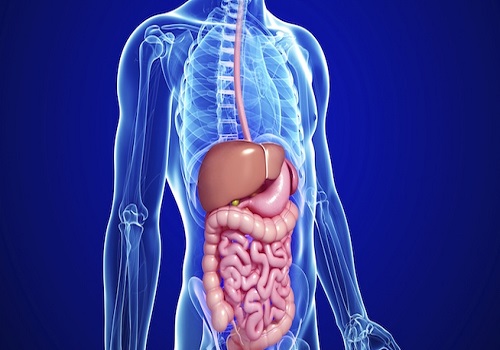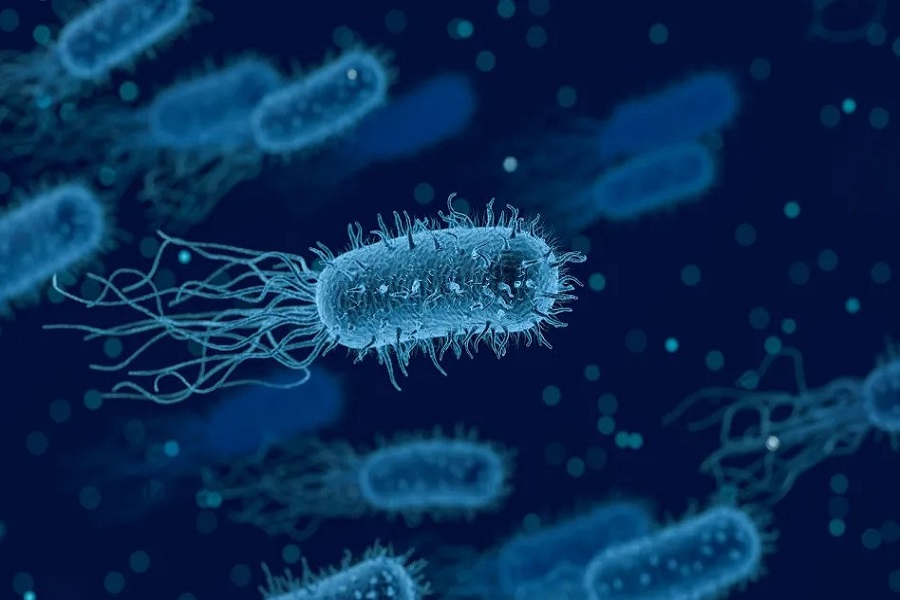Preservatives used in food have unexpected effects on gut microbiome: Study

Researchers have found that common preservatives used in food have unexpected effects on the gut microbiome, a new study has shown.
An investigation into a common preservative used to kill pathogens in food revealed that it also has an impact on beneficial bacteria, threatening the healthy balance of the gut microbiome, according to the study published in the journal ACS Chemical Biology.
Food manufacturers often add preservatives to food products to keep them fresh. The primary purpose of these preservatives is to kill microbes that could break down and otherwise spoil the food.
Bacteria create chemicals called bacteriocins to kill microbial competitors. These chemicals can serve as natural preservatives by killing potentially dangerous pathogens in food. Lanthipeptides, a class of bacteriocins with especially potent antimicrobial properties, are widely used by the food industry and have become known as "lantibiotics", the study said.
Scientists from the University of Chicago found that one of the most common classes of lantibiotics has potent effects both against pathogens and against the commensal gut bacteria that keep us healthy.
Nisin is a popular lantibiotic that is found in a variety of foods from beer to sausage to cheese and dipping sauces. It is produced by bacteria that live in the mammary glands of cows, but microbes in the human gut produce similar lantibiotics too, the researchers explained.
"Nisin is, in essence, an antibiotic that has been added to our food for a long time, but how it might impact our gut microbes is not well studied," said Zhenrun 'Jerry' Zhang, PhD, a postdoctoral scholar.
"Even though it might be very effective in preventing food contamination, it might also have a greater impact on our human gut microbes," he added.
Zhang, along with his team, mined a public database of human gut bacteria genomes and identified genes for producing six different gut-derived lantibiotics that closely resemble nisin, four of which were new.
The researchers discovered that, while the various lantibiotics had diverse effects, they all killed pathogens and commensal bacteria.
"This study is one of the first to show that gut commensals are susceptible to lantibiotics, and are sometimes more sensitive than pathogens,' Zhang said.
"With the levels of lantibiotics currently present in food, it’s very probable that they might impact our gut health as well," he added.
























